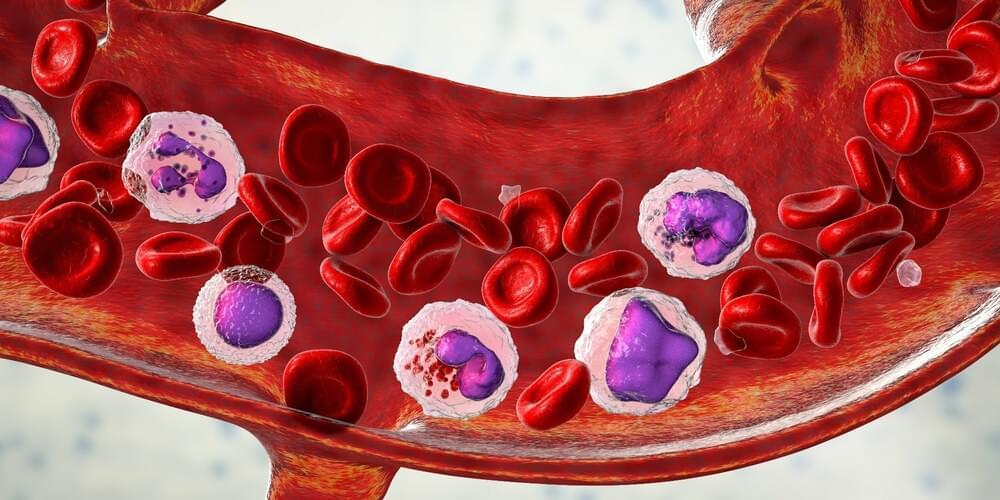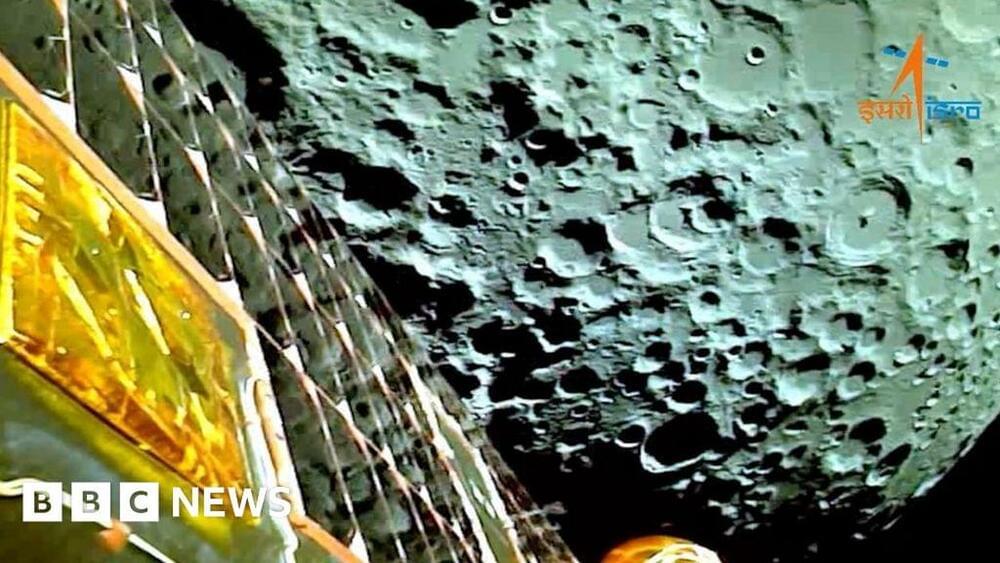Your gums help to keep your teeth and mouth healthy, but they often get overlooked when it comes to dental care. Gums play an important role in the overall health of your mouth, here’s how to take good care of them.



Candice, who’s based in Singapore, continued to praise LinkedIn in the caption of her TikTok video, writing: “I’m looking for A-grade men and @linkedin has A-grade filters!”
She also noted that she’s using LinkedIn as part of her effort to try 10 dating apps for 10 weeks.
The video has quickly gone viral on TikTok, where it has amassed more than 895,000 views. In the comments, many people were quick to applaud Candice’s dating approach, while claiming that there are benefits of looking at someone’s LinkedIn profile.
Developed by Pixar, Universal Scene Description (USD) is the first open-source software that can robustly and scalably interchange 3D scenes that may be composed of many different assets, sources, and animations, while fostering highly collaborative workflows.
At Pixar, engineers work hand in hand with artists to create innovative technologies, tools, and pipelines that make our films. In this clip from Toy Story 4, millions of models, textures, lights, and colors are possible because of the power of USD architecture.
(Pixar) is an American computer animation film studio based in Emeryville, California. Pixar is a subsidiary of The Walt Disney Company.

Aug 6 (Reuters) — U.S. scientists have achieved net energy gain in a fusion reaction for the second time since December, the Lawrence Livermore National Laboratory said on Sunday.
Scientists at the California-based lab repeated the fusion ignition breakthrough in an experiment in the National Ignition Facility (NIF) on July 30 that produced a higher energy yield than in December, a Lawrence Livermore spokesperson said.
Final results are still being analyzed, the spokesperson added.

An international collaboration between researchers at the RIKEN Center for Brain Science (CBS) in Japan, the University of Tokyo, and University College London has demonstrated that self-organization of neurons as they learn follows a mathematical theory called the free energy principle.
The principle accurately predicted how real neural networks spontaneously reorganize to distinguish incoming information, as well as how altering neural excitability can disrupt the process. The findings thus have implications for building animal-like artificial intelligences and for understanding cases of impaired learning. The study was published August 7 in Nature Communications.
When we learn to tell the difference between voices, faces, or smells, networks of neurons in our brains automatically organize themselves so that they can distinguish between the different sources of incoming information. This process involves changing the strength of connections between neurons, and is the basis of all learning in the brain.
‘Future Shock’ is a documentary film based on the book written.
in 1970 by sociologist and futurist Alvin Toffler. Released in 1972.
with a cigar-chomping Orson Welles as on-screen narrator, this piece of futurism is darkly dystopian and oozing techno-paranoia.
Cleaned up and ‘HD formatted’ version of Zeroheadroom’s posting. https://www.youtube.com/watch?v=vVJrJk3q3MA


Inaugurated in 2018, the Human BioMolecular Atlas Program (HuBMAP) endeavours to construct comprehensive spatial maps that feature a range of biomolecules such as RNA, proteins, and metabolites in human organs at single-cell resolution. This collection features the research, datasets, methods and tools generated by this project, accompanied by a Perspective, a News and Views, and links to other resources.

In a recent study published in the Journal of Biomedical Science, researchers investigate whether M2 macrophage-derived exosomes (M2-Exos) could prevent inflammation-associated damage during sepsis-associated acute lung injury (ALI) by modulating abnormal polymorphonuclear neutrophil (PMN) behaviors.
Study: Exosomal PGE2 from M2 macrophages inhibits neutrophil recruitment and NET formation through lipid mediator class switching in sepsis. Image Credit: Kateryna Kon / Shutterstock.com.
